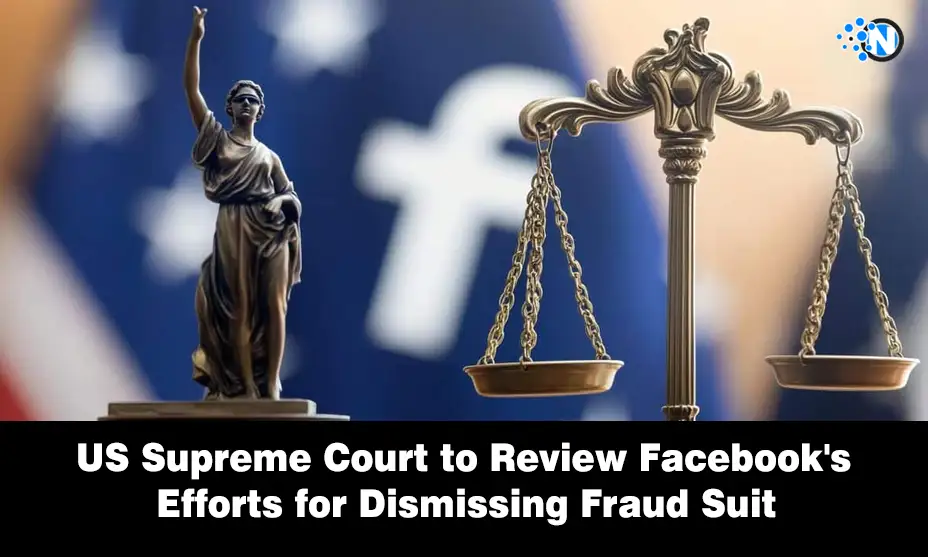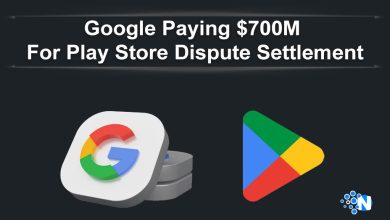US Supreme Court to Review Facebook’s Efforts for Dismissing Fraud Suit

The Supreme Court will hear Facebook’s appeal to dismiss shareholder claims, alleging it for deluded investors by withholding data misuse information.
As the social media giant seeks to dismiss a federal securities fraud lawsuit, The U.S. Supreme Court will hear arguments on Wednesday in a case including Facebook (now Meta Platforms). Led by Amalgamated Bank, shareholders assert that Facebook misled investors by withholding critical information about data misuse tied to a 2015 breach involving the political consulting firm Cambridge Analytica. The company failed to reveal this past incident in subsequent risk statements, portraying the risk of data misuse as hypothetical and the breach affected over 30 million Facebook users. Facebook’s stock decreased, leading shareholders to seek damages for their losses, when the breach surfaced through media reports in 2018.
The Securities Exchange Act of 1934 mandates transparency on business risks for publicly traded companies. The heart of the case is whether Facebook’s failure to disclose the breach has violated the act or not. However, Facebook argues that its risk statements are forward-looking and did not require detailed past breaches. allowing the case to proceed. Circuit Judge Margaret McKeown, in her ruling, stated that Facebook misrepresented the data misuse risk as hypothetical, despite knowing it had already happened the 9th U.S. Circuit Court of Appeals which overturned an earlier dismissal by U.S. District Judge Edward Davila in 2023.
Expected by June, the outcome of this case could have important implications for securities litigation. The Supreme Court will also hear arguments in a similar lawsuit against Nvidia, an artificial intelligence chipmaker Alongside Facebook’s suit. Nvidia faces allegations of misleading investors about its sales exposure to the instable cryptocurrency market.
The capability of private litigants to hold companies accountable for alleged securities fraud may be restricted by The Supreme Court’s rulings in these cases. Previous rulings have restricted the SEC’s authority in similar matters. Including a $100 million settlement with the SEC and a $5 billion penalty to the Federal Trade Commission, Facebook’s prior mishandling of data led to U.S. government investigations and financial punishments. The decisions in these cases could further shape the scope of corporate accountability in securities fraud.




